Repression for Our Own Good?
While a conflagration of financial hijinks and the resurgence of a familiar puritanism poses fresh challenges, history may not repeat itself.
There’s something so deceptively appealing about the trite phrase, “Won't someone think of the children?” however exploitative it is in justifying censorship and moral panics aplenty. In a piece written over a year ago, such sentiment is shown to transcend borders, with otakudom having experienced threats to free expression from both within and without. As of late, however, a conflagration of financial hijinks thrown against Japanese creators and the resurgence of a familiar puritanism in the culture wars around video games pose an even greater threat than what had previously been considered. Yet even amidst fresh challenges, history may not repeat itself amidst dramatic pushback against those seeking to make it so.
At a glance, these might seem disparate threads that have little significance in the wider scheme. After all, what do credit cards, Japan’s at-times explicit content, raunchy character designs, yesteryear’s fearmongering, and the so-called “War on Porn” have in common? Given the subject matter, not everyone would be inclined to even consider them, be it on moral grounds or lack of familiarity. Dig a little deeper, however, and one would find tales of unaccountable busybodies and would-be censors itching to get their pound of flesh at the expense of everyone else. All, purportedly, for their own good.
Financial Hijinks
On December 3, 2024, MP Taro Yamada and free speech advocacy group Uguisu Ribbon Campaign had organized a rally at Tokyo’s House of Councilors (the “lower house” of the Japanese Diet). What led to it and the myriad in-house discussions that took place there, however, went past merely domestic concerns. The main driver behind the event concerned financial censorship, with international credit card companies and payment processors pressuring (if not outright denying access to) creators and online platforms into compliance, or risk being shut down. These not only pose dangers to freedom of expression, particularly when it comes to less “politically correct” material, but also have ramifications across the Land of the Rising Sun and beyond.
As highlighted by reporter Taku Shimada in an ITMedia report about the event a couple days later, what started with Mastercard suspending payment services to e-commerce site DMM.com in July 2022 led to a string of similar high-profile incidents of growing frequency. By late 2024, not only were media and art platforms such as Pixiv, Skeb, and Niconico affected, but it had also led to Manga Library Z - an online archive of mainly out-of-print manga, established 14 years earlier by mangaka-turned-parliamentarian Ken Akamatsu - to close its doors permanently following a notice “"terminating all payment services, including payment methods other than credit card payments” and thus rendering further operations nigh-impossible. A recurring pattern emerges in how these cases by-and-large occurred due to the impacted parties hosting “adult” content and whatever had been deemed inappropriate. It wasn’t until VISA Worldwide Japan President Seetan Kitney revealed in a November 30 interview that "sometimes we need to make payments unavailable to protect our brand" (citing vague "global and local policies" to do so), however, that things finally boiled over.
Despite the aforementioned comments seemingly mentioning the quiet part out loud, finding the smoking gun has been easier said than done. In addition to pointing out how complex the payment card industry’s (PCI) structure can get (be it the card companies themselves or payment processors like PayPal), Yamada noted on Dec. 3 how VISA’s headquarters in San Francisco, California had insisted (while on a visit earlier in August) that it does not make value judgements on content “that is legal,” which was reiterated when pressed for clarification regarding Kitney’s statements. This is rather suspect, however, as according to an earlier ITMedia report on May 2, journalist Junya Suzuki had gained access to a broad list of banned keywords sometime in early 2021 sent by an unnamed Singapore-based company, informing receipts that it would "unilaterally remove all content containing the words in question.” Such threats and similar ones been sent to both publishers of adult content and major Japanese firms outside “usual channels,” as verified by Uguiso representative Kentaro Ugino during the rally). This has resulted in “game of telephone,” with a lack of transparency further obfuscating who’s to blame.
Adding fuel to the fire was a presentation given by UC Irvine School of Law professor Jack Lerner during the event. In addition to providing further context to the state of financial censorship and legislation in the United States, an emphasis was placed on the guidelines being enacted as based mainly on American trends. In the wake of a July 29, 2022 federal court ruling in California deeming VISA a defendant in a still-ongoing lawsuit against Pornhub owner MindGeek over child pornography allegations, their enforcement had become more stringent. At the same time, it’s noted by Prof. Lerner how “problematic content” from foreign countries “is not covered in the first place.” Combined with how credit cards continue to be usable with little fuss for Western platforms with explicit content like OnlyFans while Japanese ones have no recourse (with any claimed violations against local obscenity laws being questionable at best), it becomes hard to brush off the notion that there are significant double-standards at play that can undermine people’s ability to express themselves. All, purportedly, for their own good.
Given how electronic payments in Japan alone make up approximately 40% of all financial activity and rising — to the point that the government classifies such services as “critical infrastructure,” alongside electricity and gas — the repercussions go beyond free speech, the viability of explicit content, and nationality. If a PCI company can threaten artists into submission just for making raunchy anime that’s by-and-large legal, what would stop them from going after others for more superfluous reasons, be it ESG/DEI-related or children being at risk? “If a certain country's wishes were to prohibit certain transactions,” Yamada explained in his speech, “the country would fall into chaos.”
Despite the clear and present danger posed by such hijinks — with prominent Japanese game developer Yoko Taro describing it as a threat to both creativity and democracy — it didn’t stop some on social media from trying to discredit the conversation altogether. In month prior to the event, one account attempted to reframe such concerns as merely “punishing” American success, despite already gratuitous proof of the contrary. More telling, however, was how one self-proclaimed anti-fascist activist less than 24 hours after the Dec. 3 rally accused its organizers of not only distracting from the short-lived martial law in South Korea, but also of defending sexual abuse against children, in a manner ironically reminiscent of American moral guardians. This wouldn’t be the last time such sentiments would be invoked to rationalize censorship, given what’s come out across the Pacific.
Puritan Ouroboros
On December 7, a Youtuber and culture war commentator going by Dreadroberts went into a rant on Twitter/X criticizing to a fanservice video featuring The First Descendant (an online multiplayer looter shooter by Korean studio Nexon). This rapidly devolved into griping about how indecent if not implicitly immoral works like it are for having attractive female characters in revealing outfits, and that for gaming to progress, those “who have their priorities straight, and their arousal in check” should lead the charge. This would have been dismissed as simply opinionated social media noise, if not for how his ire seemed disproportionate (as the “fanservice” designs are mild and irrespective of gender). The unironic invocation of morality in that post and subsequent replies to critics, however, sparked a chain of events not only exposing a “new” incarnation of an old, familiar puritanism trying to gain power, but also how similar these are to their “woke” rivals far beyond mere Horseshoe Theory.
In addition to Dreadroberts himself doubling-down and attacking anyone who disagreed as being part of the problem, there were others who were quick to join the bandwagon, some of whom were brought up in passing previously. Melonie Mac, a gaming influencer-turned-Christian activist, used the opportunity to not only call such offending titles “softcore porn,” but also decry “perverts” and “coomers” — a memetic term originating from 4chan which has since devolved into slander against those remotely associated with anything deemed degenerate. Writers John F. Trent and Jon del Arroz (who both previously worked together for Bounding into Comics before leaving the publication due to myriad disagreements) have similarly invoked Traditionalist Catholic pretensions, whether to claim that fiction affects real life, decry free speech as a hollow virtue permitting evil, or justify banning whatever’s deemed porn. While others, such as Jeremy “The Quartering” Hambly, have stopped short of outright calls for censorship, there remains a peculiar fixation for shaming and referring to people who enjoy such content as troglodytes holding back “high art.”
SmashJT, a fairly prominent figure in Gamergate 2.0, would aptly, if coyly, describe these individuals and their antics “Goonergate” on his website a couple days later — a seemingly new band of Bible-thumping foes snatching defeat from the jaws of victory in the present culture wars around gaming. Yet it’s perhaps more accurate to say that this had been brewing for years, and not just due to some of those ideologues letting their true colors slip beforehand either. During the waning days of the original Gamergate, there were those who exploited (albeit with backlash) dissatisfaction against social justice warriors and dishonest journalists to justify targeted bigotry. Around the same period, the likes of alternative social media site Gab CEO Andrew Torba were doubling-down on War on Porn rhetoric and endorsing censorship as a legitimate response to Leftist subversion. The present version, though updated to tap into the pushback against woke activists and ESG/DEI-induced censorship, is not only cast in the same mold. Double-standards aside, it also displays the same drive towards authoritarian control seen among many of yesteryear’s moral guardians and anti-porn crusaders, especially with how flagrantly the masks have come off.
Looking even deeper, it’s hard to shake off the idea that these latter-day moral guardian puritans have more in common with their erstwhile rivals than they’d ever admit, like an ouroboros — a snake, consuming its own tail. The demonization of The First Descendant on moralistic grounds alone uncannily mirrors PC Gamer’s July 26, 2023 hitpiece about the original Tomb Raider games as cringey sexual objectification, despite how radically different the political stances are. There’s likewise the recurring tendency among the likes of Melonie Mac and Trent to frame the discourse along systemic if not intersectional lines, ironically echoing Anita Sarkeesian’s half-jest comments in an All About Women 2015 panel about how “everything is sexist, everything is racist, everything is homophobic and you have to point it all out to everyone all the time.” Which is to say nothing of the persistent “alliance of convenience” between busybodies which otherwise hate each other, even if only because the mere existence of something deemed problematic (as well as people willing to at the very least tolerate them under freedom of expression) requires control if not purging by any means. All, purportedly, for their own good.
It’s tempting to simply dismiss this resurgent puritanism as online drama at best, at worst the pendulum swinging back, if not some “necessary” overcorrection. Alternatively, there’s a tendency towards being complacent, given how self-regulatory systems like the Entertainment Software Rating Board (one of the very first standardized bodies of its kind in the world) were made to deter such ideologues. Yet, given not only the track record of moral panics against various media (including video games) over the decades, but also how the same denigration and War on Porn fearmongering have given PCI companies a convenient justification with which to “globalize” censorship through financial means — something, mind, that’s already being felt in Japan and elsewhere — such developments could not be excused so easily. What would be the point of a culture war, if the end result amounts to replacing one miserable band of scolds with a Sword of Damocles over everyone with “new” management? To quote A Canticle for Leibowitz, “Are we doomed to do it again and again and again?"
Where Next?
With all these going on, one would expect doom-and-gloom, or the past repeating itself farcically. If history and current events have shown anything, it’s that there few are willing to let this slide.
In the Land of the Rising Sun, the pushback against credit card and payment processor hijinks has only intensified with time. As highlighted during the Dec. 3 event, not only are local authorities seeking more proactive measures to bring PCI companies to task — Yamada, in particular, cited “abuse of dominant bargaining position" and "consumer protection" as among the key factors considered for further action — but creators have increasingly been pursuing alternatives to existing services. Homegrown crypto-based solutions have grown in popularity be it tailor-made workarounds like Skeb Coin or, as highlighted by Akamatsu in spite of his dismay over Manga Library Z’s end, e-cash suites that could be used across multiple platforms such as BitCash Japan. In light of how those restrictions continue apace, with pictSPACE (an online doujinshi site catering to women) no longer able to receive payments via Visa and Mastercard starting January 1, 2025 seemingly out of the blue, it’s also little wonder why no less than Comiket (the biggest anime and manga convention in the country) has also been paying close attention. Whether among otaku circles or in the halls of power, this matter won’t go away anytime soon.
In the United States and other corners of the globe, the apparent return of moralistic puritanism has not gone unimpeded. While culture warriors such as SmashJT being quick to call these scolds out can seem like a given — ClownfishTV co-owner Thom “Kneon” Pratt felt vindicated with his previously-reviled prediction that the “enemy of my enemy” arrangement between the “actual” Right and those who are anti-woke would break down the moment any headway is made — what’s particularly notable is how the broad the backlash against them is, especially among those nominally sharing similar politics. Those identifying as religious (Right-wingers or otherwise) have rebuked such bad actors, whether for exploiting faith as justification for ironically un-Christian authoritarianism, or using it as an excuse to cover up hypocrisy, up to and including double-standards on fanservice for so long as it’s convenient. While for the likes of female indie artist MadamSavvy, there’s growing recognition that this goes beyond culture wars and fighting censorship no matter where it’s coming from. When it comes to any media, free will and personal agency take precedence over (imposed) morality and silence.
Censorship and repression, regardless of reason, are no more acceptable now than decades ago. Perhaps it’s my Catholic upbringing, and viewing every person as having free will, being made in the image and likeness of their Creator. Whatever comes next, in the end it’s up the individual’s conscience and agency, while respecting those of everyone else in turn. Given how fond certain busybodies are of invoking Scripture on others for their own good, perhaps it’s appropriate to end with a passage from the Book of Matthew these self-professed guardians of acceptable culture so conveniently neglect.
Stop judging, that you may not be judged. For as you judge, so will you be judged, and the measure with which you measure will be measured out to you. Why do you notice the splinter in your brother’s eye, but do not perceive the wooden beam in your own eye? How can you say to your brother, ‘Let me remove that splinter from your eye,’ while the wooden beam is in your eye? You hypocrite,* remove the wooden beam from your eye first; then you will see clearly to remove the splinter from your brother’s eye.



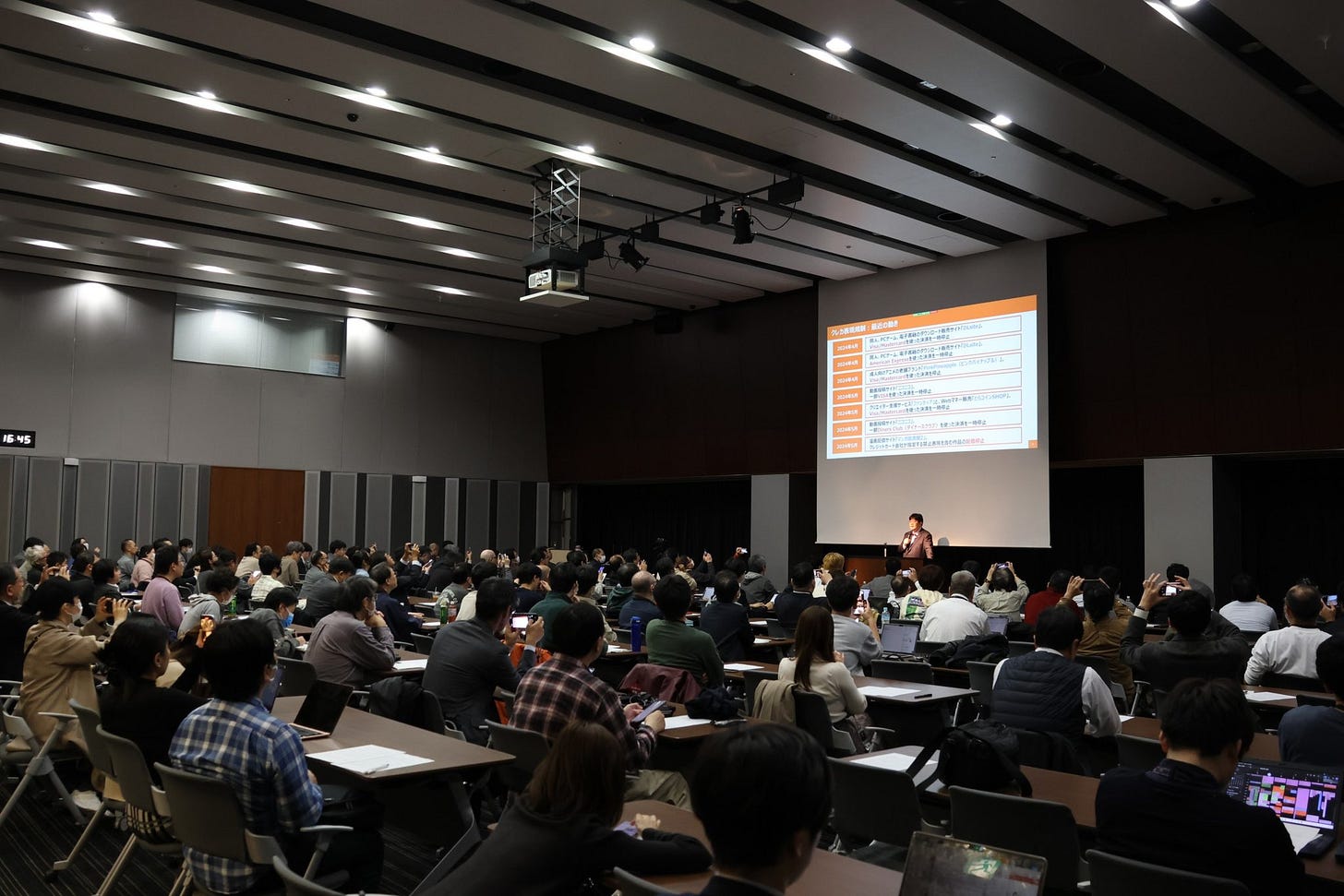

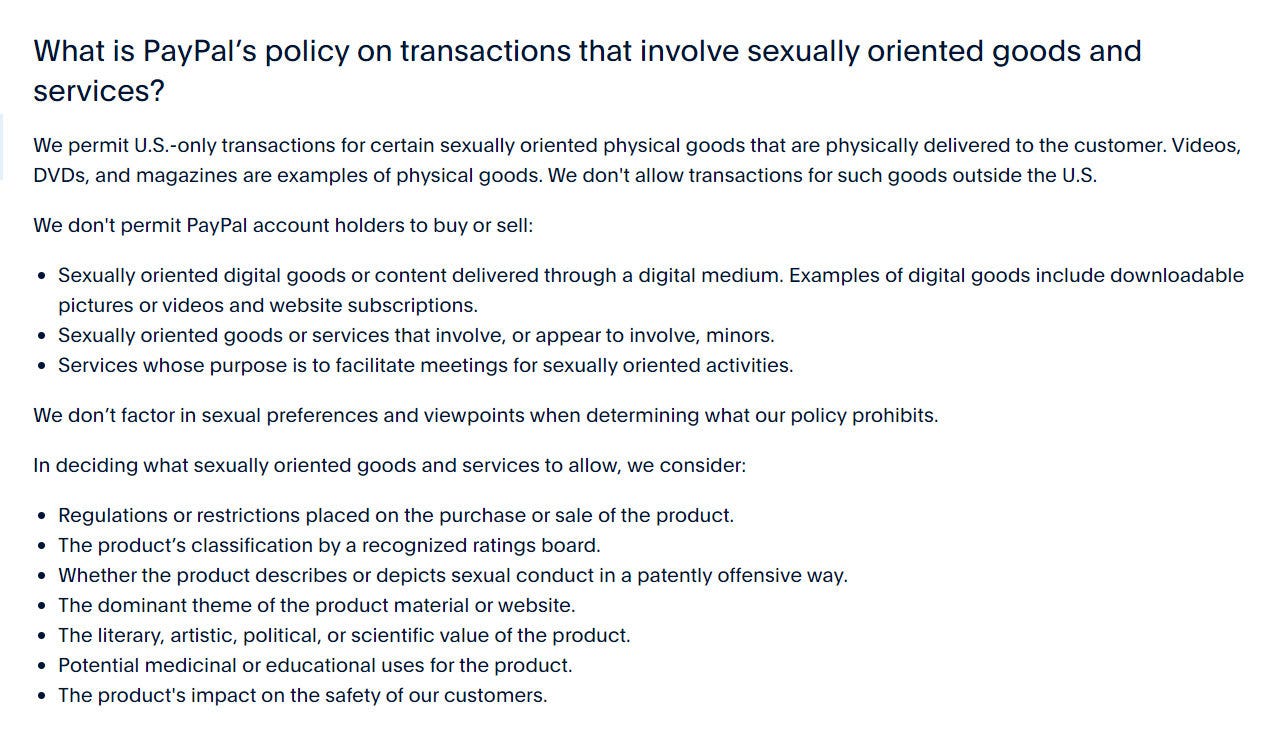
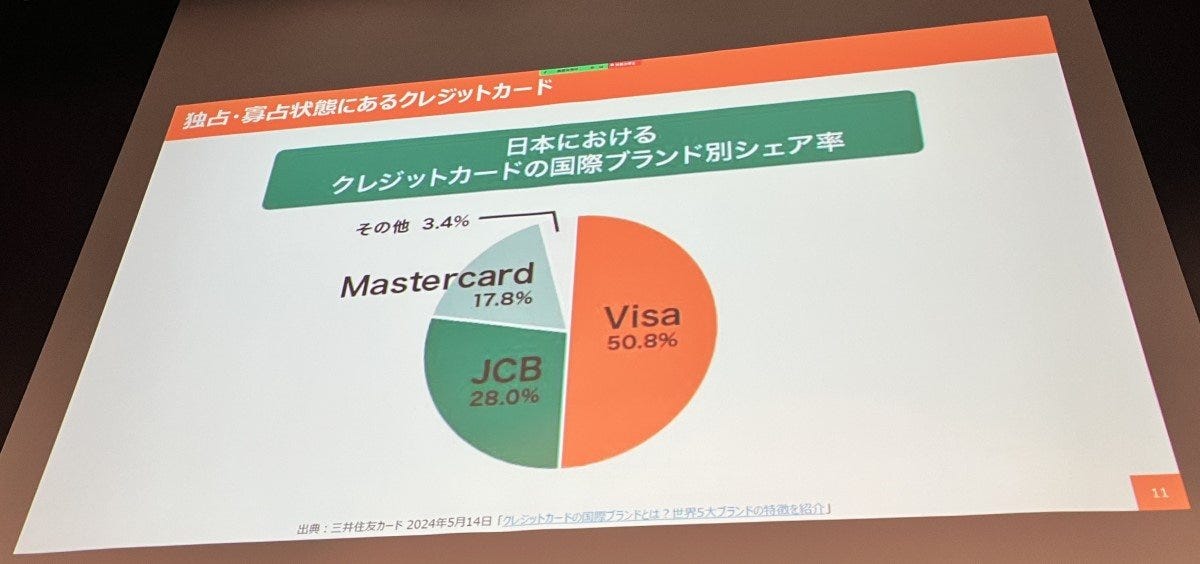







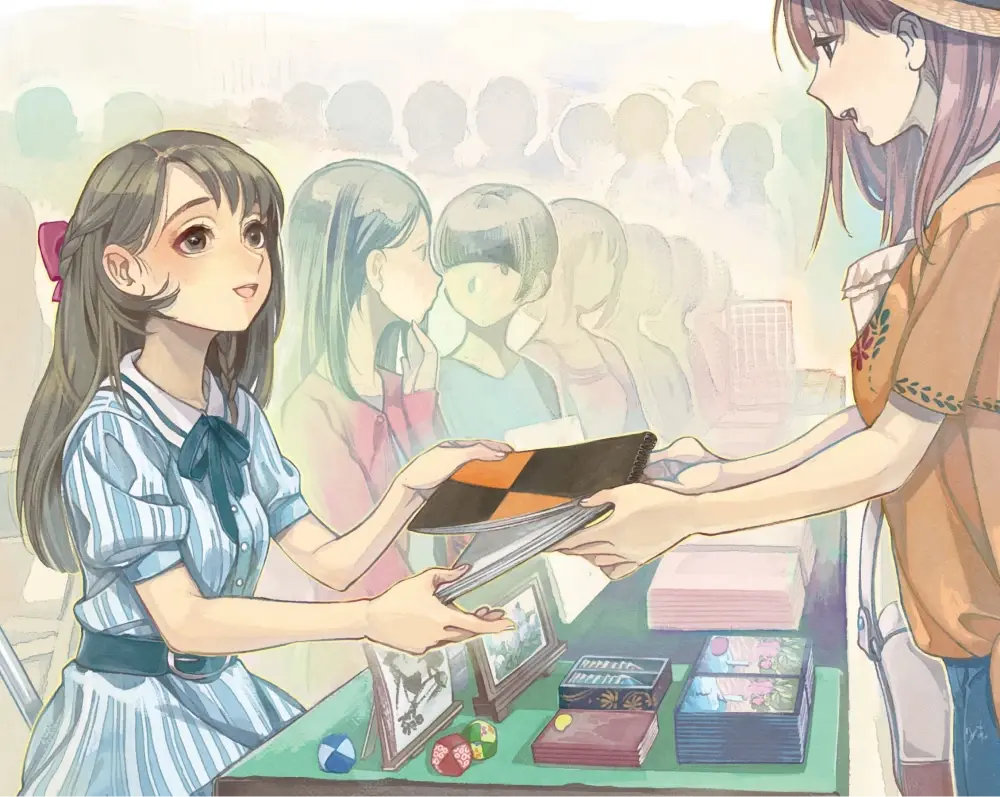

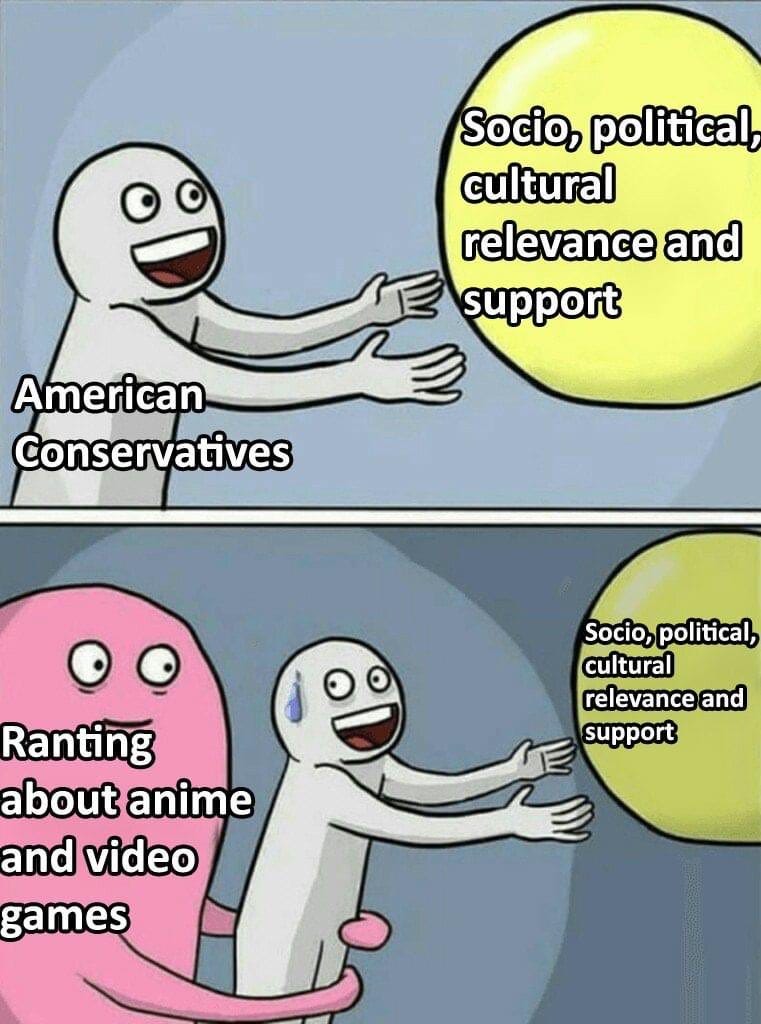
I learned a bit. I think addressing the entirety of the Nicholas Kristof pornhub thing which I feel is really important as it delves into how the whole fiasco actually began is really eye-opening, seeing liberal journalists like Kristof kick a storm old fart conservatives couldn't imagine is something brought up by a lot of porn journalists like Gustavo Turner or how it was Senator Maggie Hassan and Senator Josh Hawley that wrote letters to visa/mastercard to take action due to Kristof.
https://www.legistorm.com/stormfeed/view_rss/1689912/member/3151/title/senator-hassan-statement-on-visa-and-mastercards-announcement-to-block-use-of-cards-on-pornhub.html
Here, I think the reason is a mix of Anglo-Saxon racism and fear of being upended by the East and Americans not fully renouncing their Puritan past.
If the Americans want to abolish Thanksgiving, I propose it is not because of mistreatment of Native Americans as it is often-cited reason, but to denounce the cultural restrictions the American Puritans imposed on the culture of American society; ironically they fled to America to escape religious prosecution from the Anglicans, an irony not lost to me.
And this filtered to the other side of the aisle, the so-called socjus left.